Filter by
SubjectRequired
LanguageRequired
The language used throughout the course, in both instruction and assessments.
Learning ProductRequired
LevelRequired
DurationRequired
SkillsRequired
SubtitlesRequired
EducatorRequired
Explore the MLOps Course Catalog
 Status: Free Trial
Status: Free TrialUniversity of Colorado Boulder
Skills you'll gain: Process Capability, Statistical Inference, Correlation Analysis, Probability Distribution, Statistical Analysis, Statistical Visualization, Descriptive Statistics, Sampling (Statistics), Statistical Process Controls, Statistics, Data Visualization, Probability & Statistics, Statistical Hypothesis Testing, Data Analysis, Scientific Visualization, Systems Analysis, Data Literacy, Data Analysis Software, R Programming, Quality Control
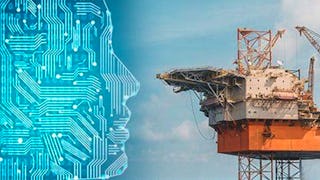 Status: Free Trial
Status: Free TrialL&T EduTech
Skills you'll gain: Big Data, Data Processing, Applied Machine Learning, Artificial Intelligence and Machine Learning (AI/ML), Process Engineering, Geostatistics, Anomaly Detection, Image Analysis, Energy and Utilities, Machine Learning, Automation, Physical Science, Natural Resource Management, Simulation and Simulation Software
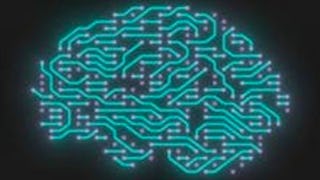 Status: Free Trial
Status: Free TrialSkills you'll gain: Feature Engineering, Data Ethics, Exploratory Data Analysis, Unsupervised Learning, Tensorflow, Application Deployment, Dimensionality Reduction, MLOps (Machine Learning Operations), Probability Distribution, Apache Spark, Statistical Hypothesis Testing, Supervised Learning, Data Pipelines, Design Thinking, Dashboard, Unit Testing, Docker (Software), Artificial Neural Networks, Data Science, Artificial Intelligence
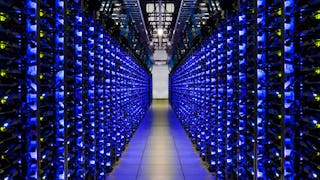 Status: Free Trial
Status: Free TrialSkills you'll gain: Data Pipelines, Dataflow, Google Cloud Platform, Real Time Data, Data Lakes, MLOps (Machine Learning Operations), Dashboard, Data Warehousing, Extract, Transform, Load, Cloud Engineering, Data Infrastructure, Cloud Infrastructure, Cloud Storage, Big Data, Tensorflow, Unstructured Data, Data Integration, Data Migration, Data Processing, Data Visualization Software
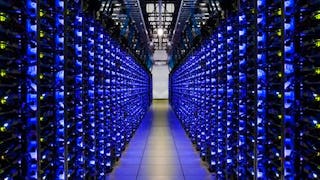 Status: Free Trial
Status: Free TrialSkills you'll gain: Data Pipelines, Dataflow, Google Cloud Platform, Real Time Data, Data Maintenance, Data Lakes, Data Storage, MLOps (Machine Learning Operations), Data Analysis, Dashboard, Data Warehousing, Data Processing, Extract, Transform, Load, Cloud Engineering, Data Infrastructure, Cloud Infrastructure, Cloud Storage, Big Data, Tensorflow, Unstructured Data
 Status: Free Trial
Status: Free TrialSkills you'll gain: Agile Software Development, Cloud Computing Architecture, Cloud Services, Agile Methodology, DevOps, Kanban Principles, Cloud Security, Cloud Technologies, Cloud Infrastructure, Cloud Platforms, Cloud Hosting, Cloud Engineering, Cloud Computing, Agile Project Management, Cloud-Native Computing, User Story, Sprint Retrospectives, CI/CD, Test Driven Development (TDD), Scrum (Software Development)
 Status: NewStatus: Free Trial
Status: NewStatus: Free TrialAmazon Web Services
Skills you'll gain: Prompt Engineering, Generative AI, Generative AI Agents, Data Ethics, AWS SageMaker, Amazon Web Services, MLOps (Machine Learning Operations), Application Programming Interface (API), Application Development, Solution Architecture, Artificial Intelligence and Machine Learning (AI/ML), Artificial Intelligence, Cloud Development, Public Cloud, Data Governance, Large Language Modeling, API Design, Cost Management, Information Privacy, Business Ethics
 Status: Free Trial
Status: Free TrialSkills you'll gain: AWS Kinesis, AWS SageMaker, Machine Learning Algorithms, Data Collection, Amazon Redshift, MLOps (Machine Learning Operations), Applied Machine Learning, Image Analysis, Reinforcement Learning, Amazon Web Services, Scalability, Forecasting, Feature Engineering, Algorithms, Artificial Intelligence and Machine Learning (AI/ML), Machine Learning, Data Analysis, Real Time Data, Predictive Modeling, Data Modeling
 Status: New
Status: NewCoursera Instructor Network
Skills you'll gain: MLOps (Machine Learning Operations), CI/CD, Continuous Deployment, Docker (Software), Kubernetes, Containerization, Scalability, Continuous Integration, DevOps, Data Infrastructure, IT Infrastructure, Infrastructure Architecture, Cloud Infrastructure, Artificial Intelligence and Machine Learning (AI/ML), Continuous Monitoring, Real Time Data, Version Control
 Status: Free Trial
Status: Free TrialDuke University
Skills you'll gain: Technical Communication, Cloud Infrastructure, MLOps (Machine Learning Operations), Cloud-Native Computing, Cloud Applications, CI/CD, Cloud Development, Cloud Platforms, Cloud Computing, Application Deployment, Agile Software Development, DevOps, Software Engineering, Infrastructure As A Service (IaaS), Distributed Computing, Continuous Delivery, Applied Machine Learning, Cloud Storage, Extract, Transform, Load, Google Cloud Platform
 Status: Free Trial
Status: Free TrialSkills you'll gain: Terraform, CI/CD, Infrastructure as Code (IaC), Continuous Integration, Ansible, Application Performance Management, Prometheus (Software), Network Monitoring, Continuous Deployment, Kubernetes, Application Deployment, System Monitoring, Package and Software Management, GitHub, Docker (Software), Containerization, YAML, System Configuration, Infrastructure As A Service (IaaS), Cloud Infrastructure
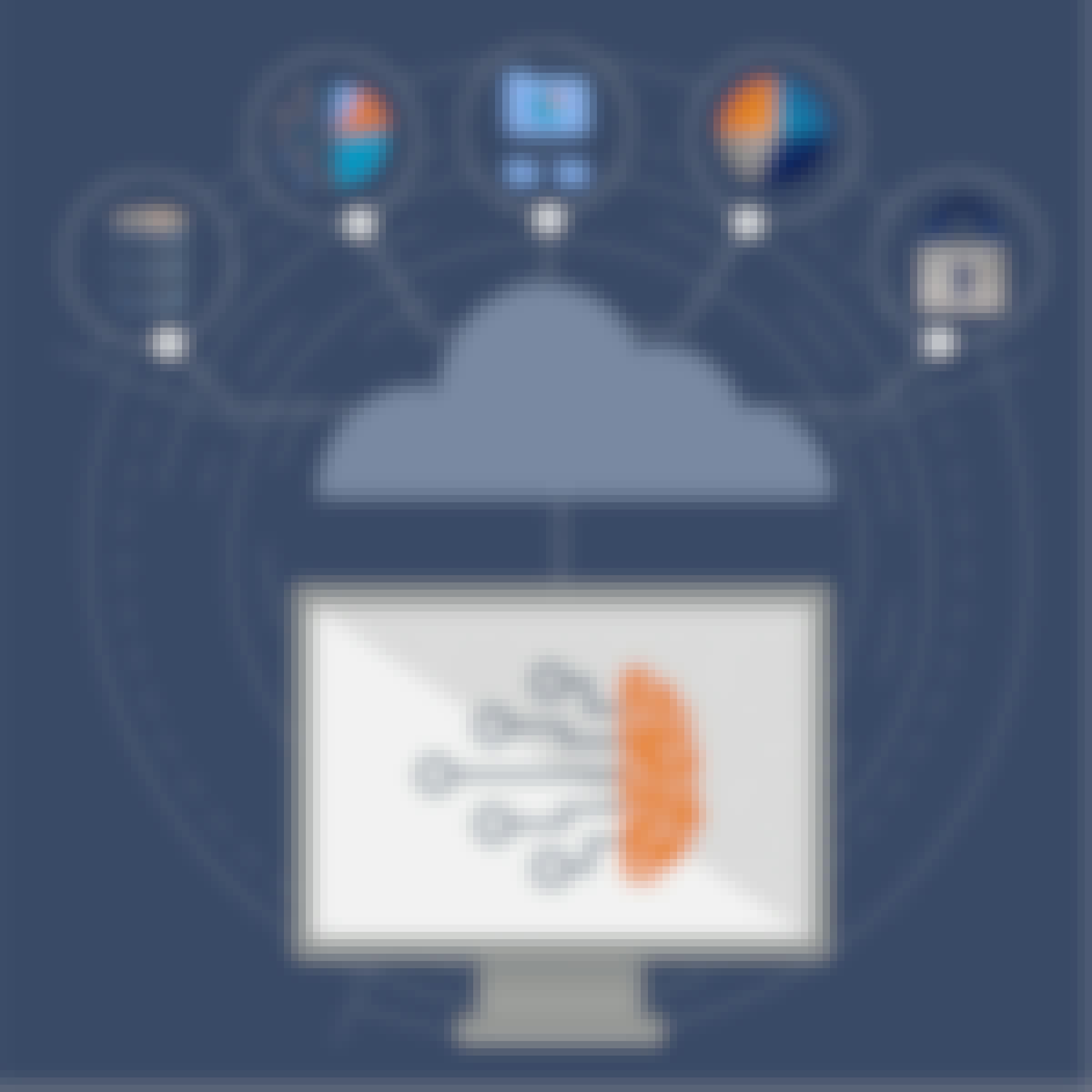 Status: Free Trial
Status: Free TrialDuke University
Skills you'll gain: MLOps (Machine Learning Operations), Continuous Delivery, Applied Machine Learning, Google Cloud Platform, Cloud Applications, Artificial Intelligence and Machine Learning (AI/ML), Cloud API, Microsoft Azure, Software Engineering, Computer Vision, Application Programming Interface (API), Natural Language Processing, Flask (Web Framework)
Mlops learners also search
In summary, here are 10 of our most popular mlops courses
- Data Science Methods for Quality Improvement: University of Colorado Boulder
- AI & ML Applications in Oil and Gas Industry: L&T EduTech
- IBM AI Enterprise Workflow: IBM
- Data Engineering, Big Data, and Machine Learning on GCP: Google Cloud
- Preparing for Google Cloud Certification: Cloud Data Engineer: Google Cloud
- DevOps, Cloud, and Agile Foundations: IBM
- AWS Generative AI Applications: Amazon Web Services
- Exam Prep MLS-C01: AWS Certified Specialty Machine Learning: Whizlabs
- Operationalizing ML Models: MLOps for Scalable AI: Coursera Instructor Network
- Building Cloud Computing Solutions at Scale: Duke University










